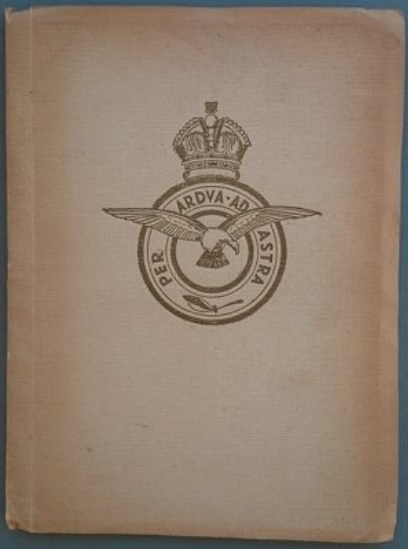Description
Title: Memoirs of Squadron Leader H N (Bill) Fowler MC RAF
Author:
Condition: Near Mint
Edition: 1st Edition
Publication Date: 1950
ISBN: N/A
Cover: Soft Cover without Dust Jacket – 81 pages
Comments: The biography of Squadron Leader H N (Bill) Fowler MC of the Royal Air Force (RAF).
Born in June 1916 in London, Hedley Nevile ‘Bill’ Fowler was the son of Commander Maxwell Thomas Bourne Fowler, a Paymaster in the Royal Navy, and his South Australian wife, Florence Ayers. The Fowlers moved back and forth between Britain and Adelaide during Bill Fowler’s childhood and adolescence. After studying mechanical engineering at the University of Adelaide, he enlisted with the Royal Australian Air Force in January 1936. Fowler won the Mannock Cup for the best flyer of his course. He transferred on a short term commission to the Royal Air Force in February the following year as a Pilot Officer and was an experienced pilot by the time war broke out.
Fowler was posted to 615 Squadron, Fighter Command. On 15 May 1940, Fowler was forced to bail out of his Hurricane fighter plane after it was hit by Messerschmitt fighters five miles north of Fumay, France. Germans captured him the following day and he was sent to Stalag Luft I internment camp, near Barth. He escaped from the camp on 5 November 1941 but was discovered later that day and returned to the prison. The following month he was transferred to Oflag IV C at Colditz Castle.
Colditz was a prison camp reserved for officers who had escaped from other camps or who had caused enough problems for their German captors to necessitate their removal from the standard camp system. Fowler was one of six prisoners to attempt to escape Colditz on 9th September 1942. Only he and Dutch Captain Damiaen Joan Van Doornick successfully returned home via Switzerland. For his escape, Bill Fowler was awarded a Military Cross in 1943. By then he had been promoted to Squadron Leader. His recommendation for the Military Cross reads: ‘This officer showed much skill and courage in his efforts to escape. Even though recaptured after the first attempt, this did not deter him from making a second, and this time a successful effort. This escape was from a camp specially reserved for officers who have either attempted to escape, or have otherwise given trouble to the Germans. The initiative and daring he displayed merits recognition and I strongly approve the War Office suggestion that he be awarded the M.C.’ On 26th March, 1944, Bill Fowler was killed on active service, testing a new Hawker Typhoon. He was 27 years old.





